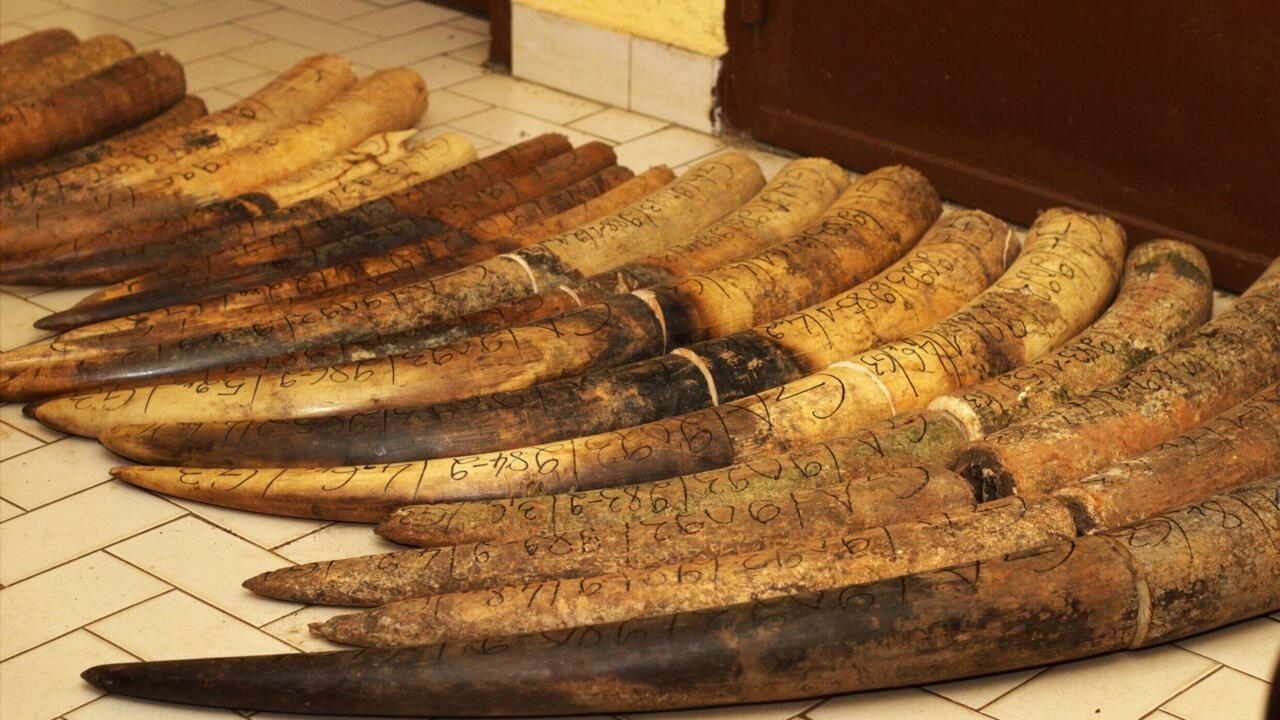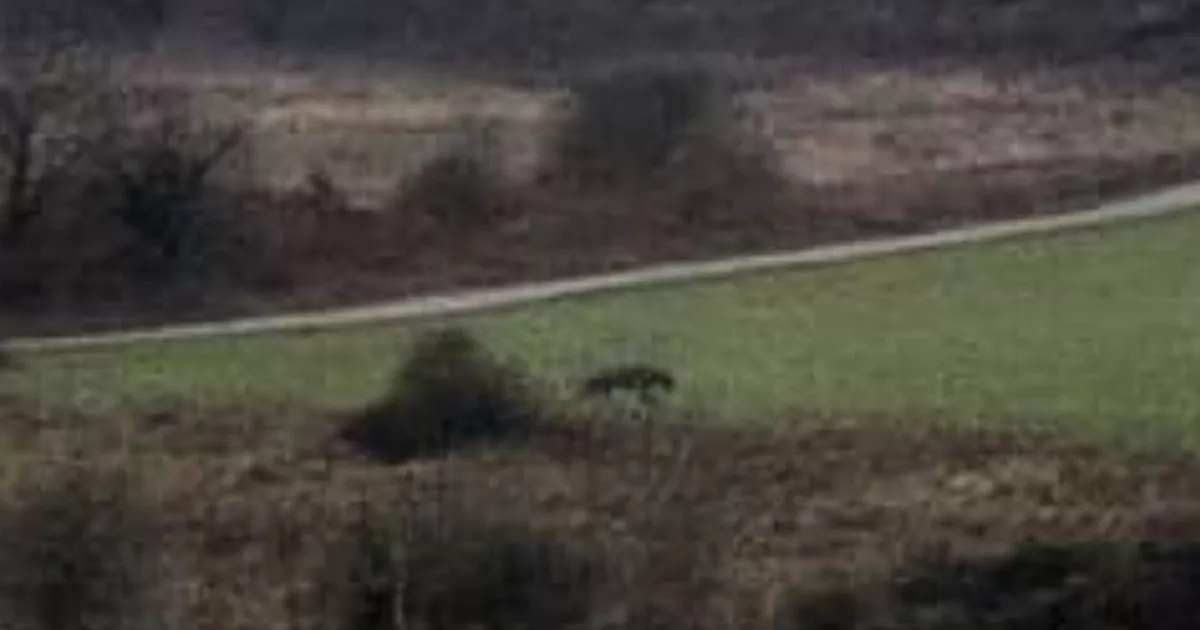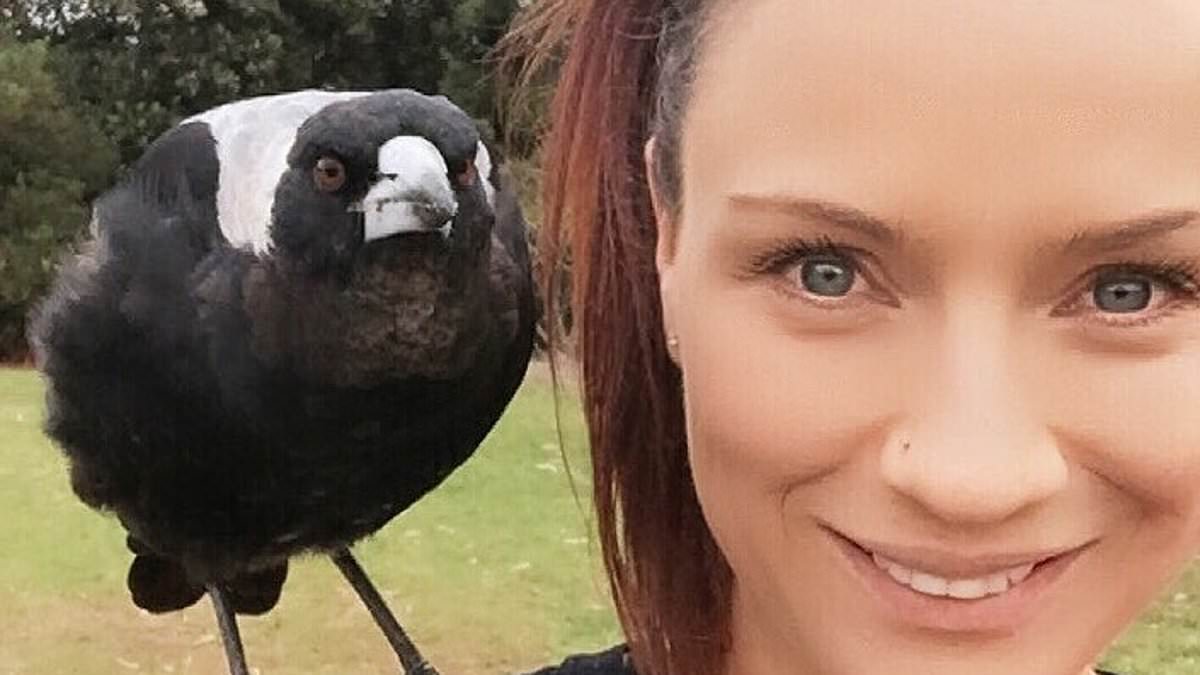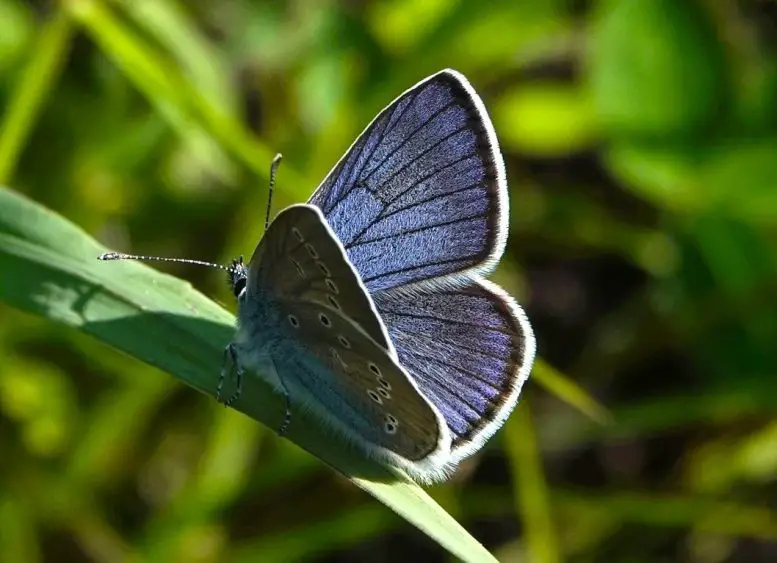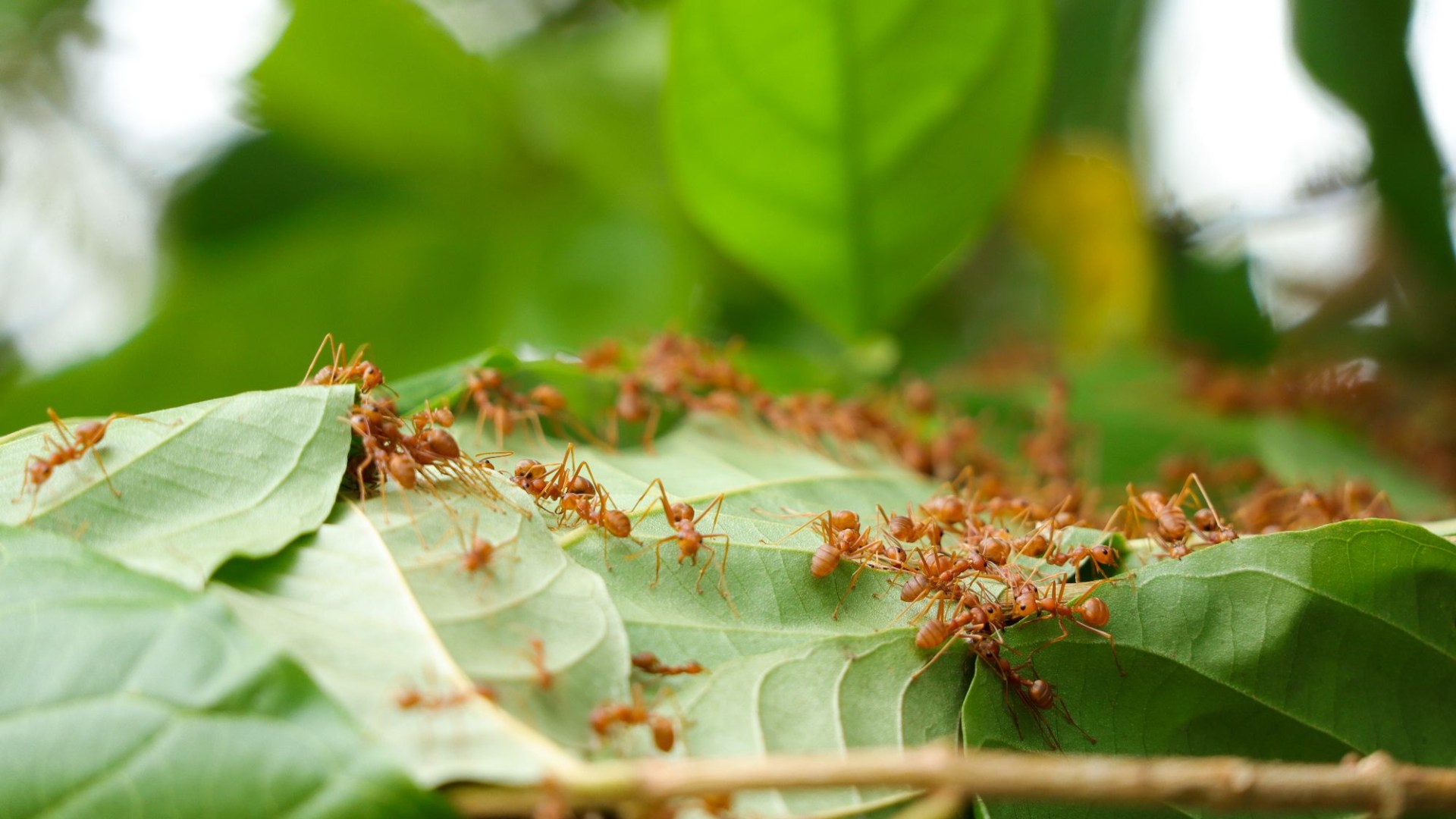The campaign involves the Gabonese police and government departments responsible for forests and wildlife, with the support of the NGO Conservation Justice.
In early August, the police in Moyen-Ogooué province arrested a Gabonese man from Cameroon, along with his wife. A search of their vehicle revealed nineteen tusks and four pieces of ivory, weighing 120kg.
In context, 19 tusks mean at least nine elephants have been killed.
The search also led to the seizure of several gun cartridges used to shoot big game, about 1 million CFA francs (about 1,500 euros) in cash, illegal items and an expired residence permit for a well-known Cameroonian ivory dealer, according to Stephan. Ekore Eko, an anti-poaching specialist at Gabon’s Department of Water and Forestry.
Using new information from the suspect, investigators were able to track down several traffickers. Ten people were arrested in different places, and nine of them were accused of being involved in the “international trade of elephants”, according to Jean Donald Ulrich Mbadinga, legal expert and Conservation Justice.
From Africa to Asia
He said it took ten days to uncover the “huge network of ivory traffickers in Gabon”.
“The elephant is taken from Gabon, sold across the border to Cameroon, and from Cameroon to Nigeria and from Nigeria to the Asian market,” he said in a video sent to RFI.
He explained that the network worked like a pyramid: “At the top, there is a leader who lives in Cameroon, and this leader works with collaborators who can be divided into two groups: scouts, hunters and transporters.”
The poachers are combing the whole of Gabon looking for villagers who can kill the elephants, said Mbadinga. Then when the ivory is found, the smugglers go with the tourists to collect it. The ivory is exported to Cameroon, he said.
Luc Mathot, founding director of Conservation Justice, Luc Mathot says: “This type of work is important and should be replicated in order to root out the huge ivory trade networks that have managed to survive in Gabon, where the political will to protect the environment remains strong.
Hundreds of arrests were made
In Gabon, trafficking in ivory is punishable by ten years in prison. But when it comes to international ivory smuggling, the punishment is severe: criminals can spend up to 20 years behind bars.
Hundreds of traders in Gabon have already met at that time, according to Ekore Eko.
“The collaboration between the Department of Water and Forestry has led to the arrest of over 500 ivory traffickers. “Eighty percent of them were sentenced to imprisonment for up to five years,” he said.
“This relationship with the Ministry of Water and Forestry led to the seizure of 800 elephant tusks weighing a total of 3.5 tonnes.”
That number of tusks may indicate that at least 200 elephants were killed.
Endangered species
Despite the risks, the lucrative market in Asia remains a temptation for those who want to trade illegally.
Prices have fallen since China banned the ivory trade in 2017, causing prices to drop from US$208 per kilo to US$92/kg by 2020.
But even at that price, the 120 kg taken in the latest operation could mean that traffickers would get more than $11,000 (10,000 euros) on the black market – not a small amount in an area where most people live below the surface. the poverty line.
Preventing poaching is even more urgent considering that Gabon is the world’s largest remaining reserve of African forest elephants, a species distinct from the forest elephants that live on the continent’s elephant plains.
While both species are vulnerable, forest elephants are listed as “endangered” on the International Red List of Conservation, as their numbers have declined by 86 percent in nearly 30 years.
A 2021 study by the Wildlife Conservation Society and Gabon’s National Park Agency shows that Gabon is home to 60 to 70 percent of the world’s forest elephants.
#Gabon #international #ivory #trade #network
